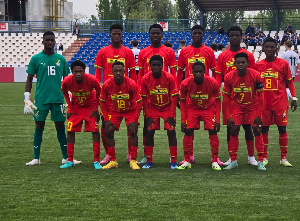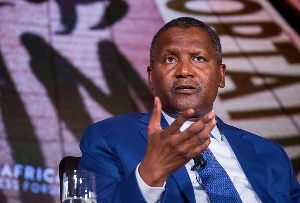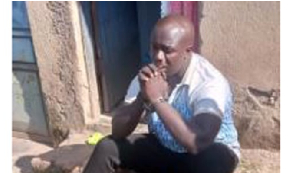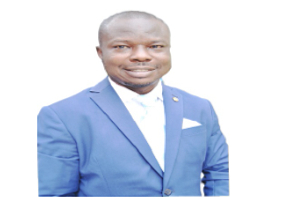- Home - News
- TWI News | TV
- Polls
- Year In Review
- News Archive
- Crime & Punishment
- Politics
- Regional
- Editorial
- Health
- Ghanaians Abroad
- Tabloid
- Africa
- Religion
- Election 2020
- Coronavirus
- News Videos | TV
- Photo Archives
- News Headlines
- Press Release
General News of Friday, 20 June 2003
Source: Network Herald
The Police Are Guilty
Even before the Ghanaian public could come to terms over the furore created by the doubts cast by ex-president Rawlings and his men on the reliability of the Ghana’s Police Service, the country’s legislative body has swung a potentially fatal blow at the service’s tottering image.
The latest report of the Judicial Committee of Parliament submitted that there could not be allegations of corruption against the judiciary, without a look at the role played by the officers of the Police Service in facilitating that corruption.
Though the report presented to Parliament last Wednesday seem to have confirmed public perception that the Judiciary is corrupt, it also accused the police of being biased in the dispensation of justice. It says it found that corruption is not only real in the Judiciary but that the police have become efficient facilitators of their corruptible deeds.
The report, based on submissions and records of specific complaints gathered during hearings and comments from parliamentarians who contributed to the subject, was very emphatic of the role of the police in the corruption that has plagued the Judiciary. According to them, police prosecutors are the conduits through which monies are sent to the judges.
Among specifics, a portion of the report states unequivocally that ''a prison officer at Takoradi confided in me that he had been privy to instances that police prosecutors and investigators have collected monies from relations of accused persons on remand.'' The report states further: ''In the Twin City of Sekondi-Takoradi, there are Magistrate courts (then Community Tribunals). Whilst one is always loaded with cases, the other is empty, police prosecutors refused to send cases there because the presiding Magistrate was found to be incorruptible.''
Views of members of the Bar and the public who attended the hearing were unanimous that the level of corruption in the judiciary has been enhanced only by the collaborative role of the police especially the prosecutors. Lawyers and prosecutors are always spotted consorting with magistrates of the overloaded court. The police were also accused of unnecessarily remanding accused persons with the view of creating desperate avenues for extorting money from them. ''A prison officer told the Committee that suspects are kept in remand for so long that their relatives are compelled to pay bribes to secure their release on bail.''
Contributors cited cases where narcotic substances kept by the police for investigations get missing or in some cases turn into substances other than the confiscated items. The Judiciary Committee of parliament was directed by the Speaker of Parliament, Peter Ala Adjetey June last year to conduct public hearings into the perception of corruption in the Judiciary.










